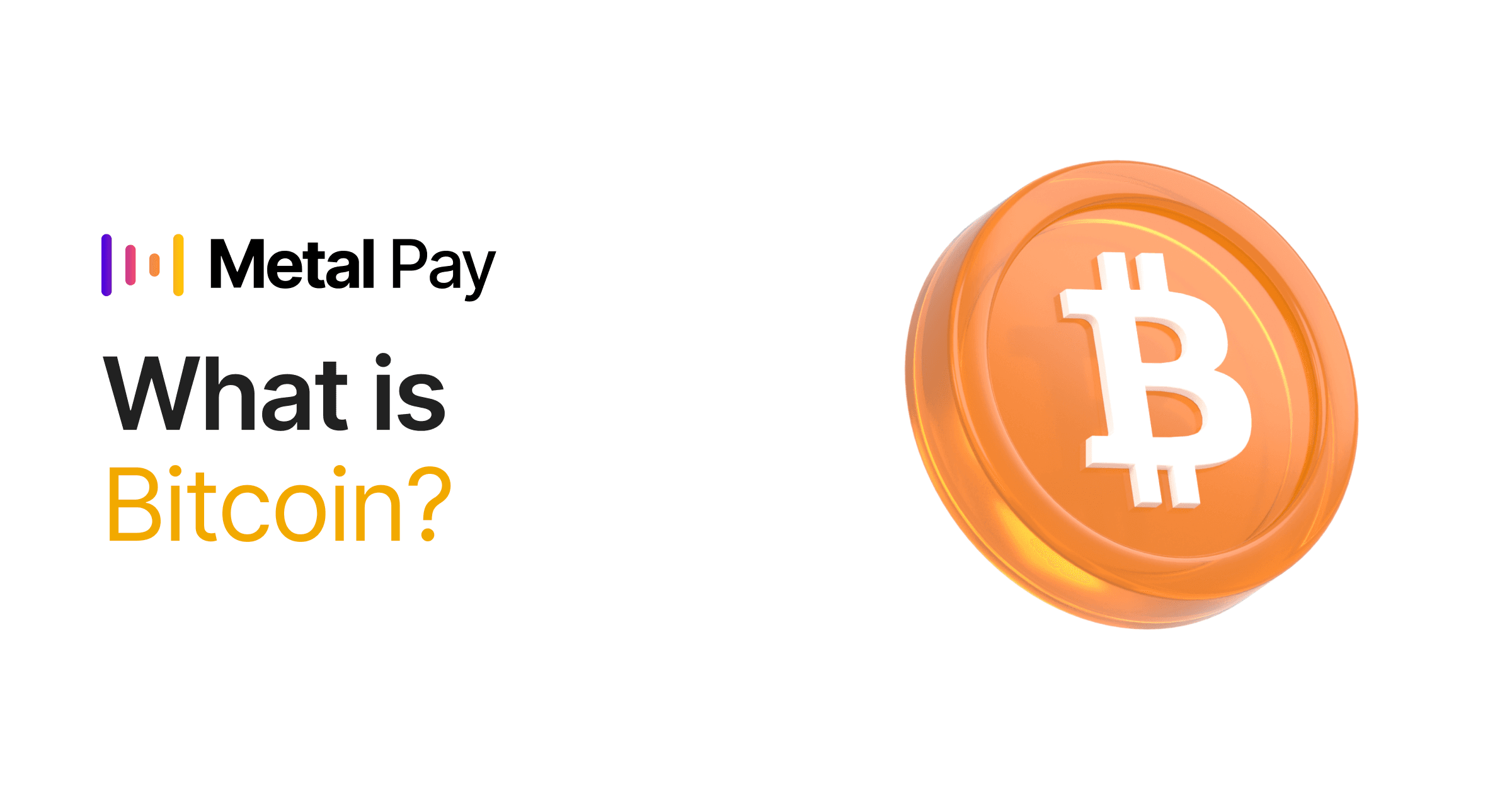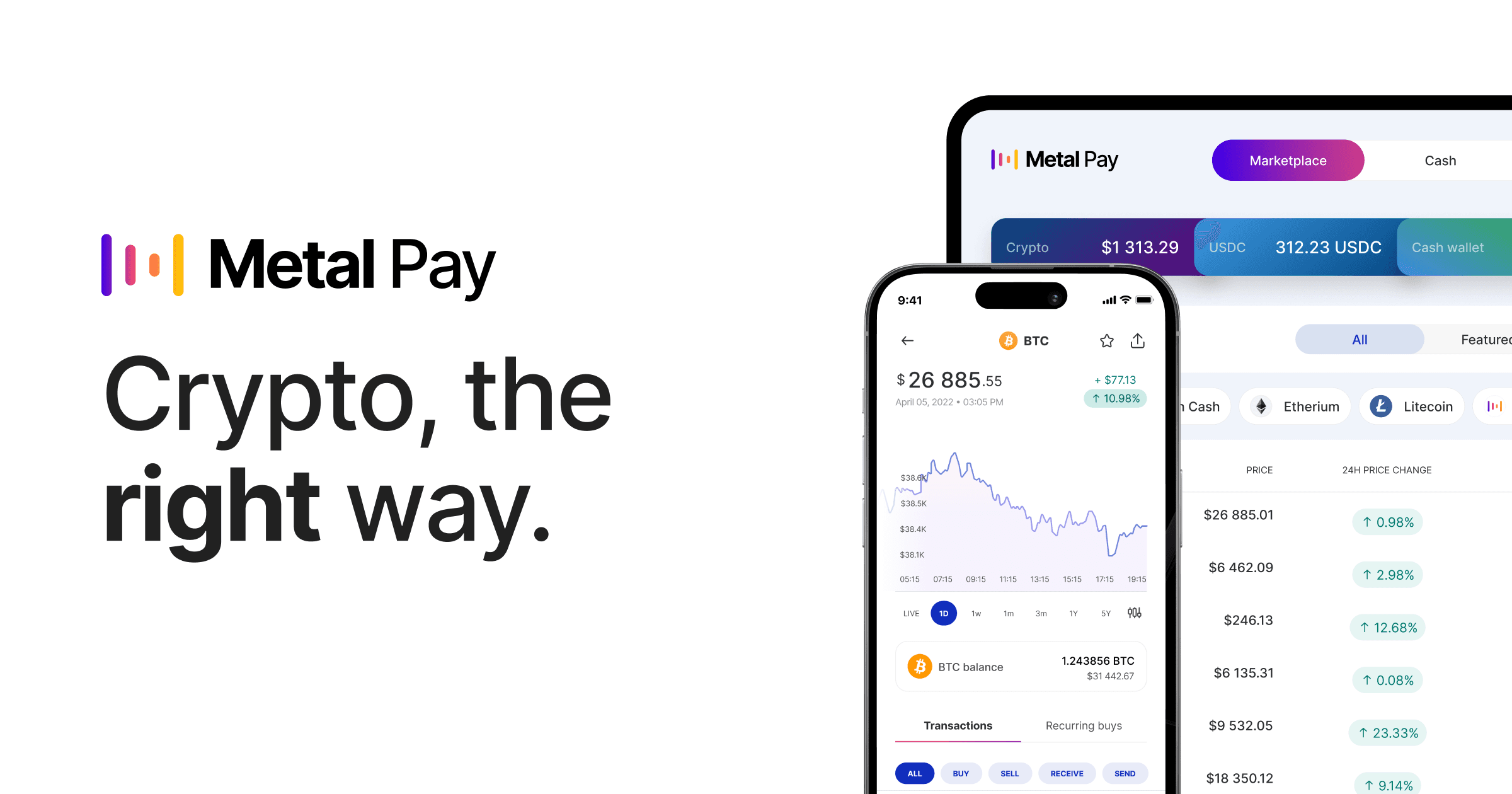What is Bitcoin?
Description
The beginner’s guide to Bitcoin
Bitcoin is a revolutionary form of digital currency first proposed in 2008 by a person or group of people known as Satoshi Nakamoto.
Unlike traditional currencies, Bitcoin is a digital asset and does not depend on central banks or governments.
Instead, it operates as a completely decentralized system and stores activity on a digital database called the bitcoin ledger. This decentralization means that no single company or government can make decisions about how the currency works or how people can use it.
In fact, the protocol's users collectively help in running it, guided by strict computer-coded rules. These rules set the amount of bitcoin in circulation and how users trade and create new bitcoin.
Bitcoin (BTC), the cryptocurrency asset, was originally created to act as a digital medium of exchange. You can buy or sell bitcoin on most, if not all, crypto exchanges or on dedicated Bitcoin exchanges. The process of generating new Bitcoin is called Bitcoin mining. It involves using powerful crypto mining computers to process the complex mathematical equations needed to maintain the network.
During the mining process, Bitcoin uses a system involving cryptography and game theory to validate and record transactions. The network stores these transactions on a public database system called a blockchain ledger.
As its essential building blocks, the Bitcoin protocol uses:
Public-key cryptography – Wallet software assigns bitcoin owners both a public key (which is used by the protocol to prove you own bitcoin) and a private key (a kind of password that, if secured well, guarantees your bitcoins can only be accessed by you).
Peer-to-peer networking – Nodes (computers running the software) review transactions to ensure the software’s rules are being followed. Miners (nodes using special computer chips) then compete for the right to batch these transactions into the blocks periodically added to the blockchain.
A finite supply – According to the software rules, only 21 million bitcoins can be produced, a limit that gives bitcoins value.
Bitcoin transactions are pseudononymous and highly secure, making them an attractive option for those who value privacy and security. Supply and demand on various cryptocurrency exchanges determine the price of bitcoin. You can send Bitcoin payments from a bitcoin wallet to a bitcoin wallet or from a bitcoin wallet to an exchange or web retailer.
There are multiple hard forks or offshoots of bitcoin including Bitcoin Cash and Bitcoin Classic.
Check the Bitcoin price page for more details on the current BTC value, trends, and price history.

How does Bitcoin work?
Bitcoin (BTC) is a virtual currency that operates through the decentralized Bitcoin network, meaning no government or financial institution controls it. The blockchain stores all transactions on a public ledger called the Bitcoin blockchain, which serves as a fully accessible, transparent database. This digital ledger stores bitcoin payments and transfers.
The Bitcoin network is a decentralized virtual currency system that operates without a central bank, government authority, or middlemen. Instead, it relies on a network of computers around the world to maintain the integrity of the system.
A globally distributed community of nodes makes up the Bitcoin network. Nodes are computers that are connected to the Bitcoin network and help validate transactions.
Anyone in the world can run their own node and participate in running the Bitcoin network. Every node maintains their own copy of the blockchain, which is an unchangeable ledger of cryptocurrency transactions. This process means that there is no central authority that controls the blockchain, making it decentralized.
These networked computers store a copy of the bitcoin ledger and, when transactions occur on the network, they use a consensus mechanism to "agree" that a certain action happened. This agreement process guarantees that users cannot create fake transactions or double-spend a bitcoin.
You can own a single bitcoin or you can own any number of Satoshi's. One Satoshi is worth 0.00000001 BTC. You can buy and sell the currency on Bitcoin exchanges or trade it on the peer network by sending it from wallet to wallet.
You store the access to your bitcoin in a bitcoin wallet which acts as a debit card or bank account: when you send or spend bitcoin the network reassigns ownership over those funds to the recipient's public wallet address.
When someone sends Bitcoin to another person, the transaction is verified by a network of "miners." Miners solve complex mathematical equations to guarantee the validity of the transaction and prevent fraud. Other nodes on the network verify the transaction. They do this by checking that the sender has enough Bitcoin to make the transaction and is not trying to double-spend their balance.
Once the network verifies the transaction, the successful miner adds it to a block of transactions. These full blocks permanently join the blockchain. No one can alter the data stored in blocks once they're committed to the blockchain.
Why is Bitcoin important?
One of the most significant differences between Bitcoin and fiat currency is decentralization.
Unlike fiat currency, no central authority, such as a government or bank controls Bitcoin. This advantage means that Bitcoin is not subject to the same censorship and geo-restrictions as traditional currency, providing users with greater freedom and flexibility.
In fact, all bitcoin transfers are peer transactions in that they are between two wallets vs. two banks or two customers. Outside forces cannot censor or control these transactions.
Limited supply
Another unique feature of Bitcoin is its limited supply. Unlike fiat currency, which central authorities can print at will, Bitcoin has a finite supply.
There will only ever be 21 million Bitcoins in existence, which creates scarcity and may support its value over time.
This feature is in contrast to fiat currency, which can suffer from inflation and devaluation as more currency is printed. The only way to produce more Bitcoin is through Bitcoin mining.
Transparency
Bitcoin transactions are transparent and recorded on a public ledger, known as the blockchain.
Anyone can view and track transactions, adding an extra layer of security and accountability to the Bitcoin network.
Conversely, with conventional currencies, usually, no one can see what other people are transacting. This lack of transparency means its much easier to perform illegal activities such as money laundering using cash. Bitcoin's digital ledger is open for all to see.
Lower transaction fees and faster payments
Another advantage of Bitcoin is its lower fees and faster transactions.
When compared to traditional banking fees, Bitcoin transaction fees are significantly lower.
As a result, Bitcoin is a more cost-effective option for those looking to make international payments or transfers. Payments also take around an hour to send, instead of the 2-5 business days it takes on average to send an international bank transfer.
Security and privacy
Bitcoin transactions are secured using advanced cryptography, making them highly secure and difficult to hack.
Additionally, Bitcoin transactions are pseudonymous, meaning that users can conduct transactions without revealing their identity. This benefit can provide greater privacy and security for users, as their personal information is not disclosed during transactions.
Because of its decentralized nature, no one can shut down or ban Bitcoin. Its decentralized nature, limited supply, transparency, lower transaction fees, and security and privacy features make it an attractive option for many users. As the world becomes increasingly digital, Bitcoin is poised to play a significant role in the future of finance.

How is Bitcoin used?
Payments
One of the earliest uses of Bitcoin was as an electronic cash system. It allows users to transfer funds online without the need for a third-party intermediary like a bank or payment processor. The network can complete transactions faster and often more cheaply compared to traditional payment methods.
To make Bitcoin payments, users need to have a digital wallet that stores the private keys associated with their Bitcoin funds. They can then use this wallet to send and receive Bitcoin to and from other users. The Bitcoin network is a decentralized network of computers that verify, process, and confirm transactions.
Many merchants now accept Bitcoin as a payment method, including online retailers and even some physical stores. However, it is still not as widely accepted as traditional payment methods like credit cards or PayPal.
Store of value
Another use of Bitcoin is as a store of value. Because the network is decentralized, some people see it as a more stable and secure form of currency.
Bitcoin's limited supply and the fact that it cannot be easily counterfeited also contribute to its value as a store of value. Some people buy Bitcoin as a speculative investment, hoping that its value will increase over time.
However, Bitcoin's value can be volatile, and its price has fluctuated widely in the past. This price volatility means that it may not be suitable for everyone as a long-term investment.
















